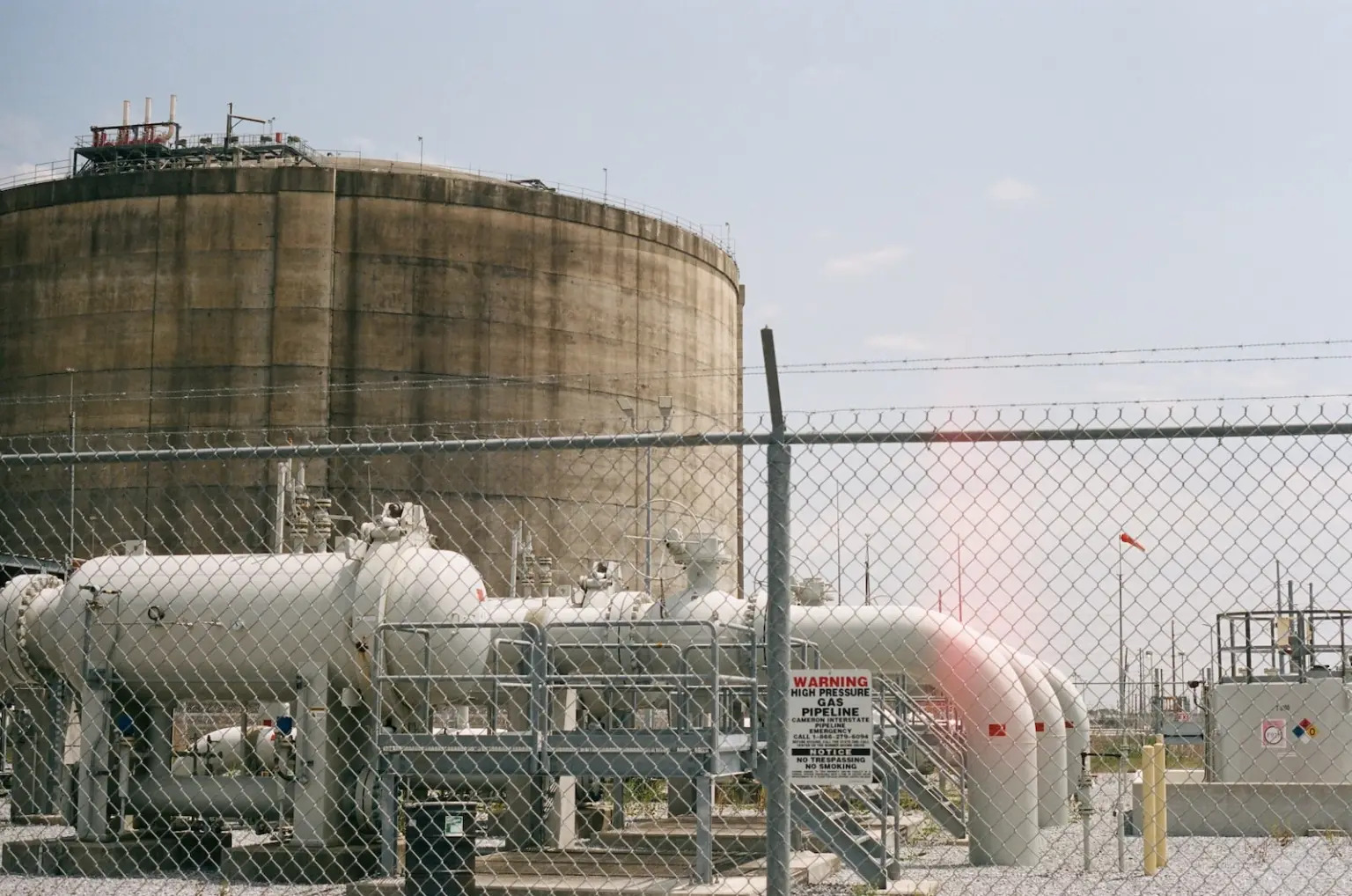Now Reading: Louisiana Faces Criticism for Promoting Gas as ‘Clean Energy
-
01
Louisiana Faces Criticism for Promoting Gas as ‘Clean Energy
Louisiana Faces Criticism for Promoting Gas as ‘Clean Energy

Fast Summary
- Louisiana designates Natural Gas as Green Energy: louisiana’s new law, signed by Republican Governor Jeff Landry, classifies natural gas as “green energy,” allowing it to compete with solar adn wind for clean energy funding.
- Influence of ALEC: The law mirrors a template created by the American Legislative Exchange Council (ALEC), a conservative group backed by fossil fuel interests.
- Criticism of natural Gas Classification: critics highlight that methane gas, the primary component of natural gas, traps heat more effectively than othre fossil fuels and causes significant greenhouse gas emissions due to leaks in pipelines.
- Economic Drivers Behind the Law: Louisiana Representative Jacob Landry, who introduced the bill, has financial ties to the fossil fuel industry. donations from oil and gas companies totaled over $20,000 for his campaign.
- Energy Dependence in Louisiana: Natural gas already accounts for about 75% of Louisiana’s electricity generation. A state audit cited over-reliance on this resource as a contributing factor to grid unreliability during extreme weather events.
- Opposing Perspectives:
– Critics argue reclassifying natural gas undermines cleaner energy alternatives like wind and solar and creates barriers to diversifying energy sources critical for grid stability.
– proponents claim it enhances national energy security while countering reliance on imported renewable technology.
Indian Opinion Analysis
The classification of natural gas as “green energy” by U.S. states such as Louisiana raises questions about global precedents surrounding sustainable practices within climate policy frameworks. India can draw two key lessons here.
Firstly, India’s commitment under its Nationally Persistent Contributions (NDCs) towards expanding renewable capacity should emphasize separating clear scientific benchmarks from industrial lobbying when defining “clean” or “green” energy sources. Blurring such definitions could risk credibility in international negotiations or even discourage private investors aligned with sustainability goals.
Secondly, unlike resource-heavy economies like Louisiana’s dependency on domestic fossil fuel reserves, India’s growing demand increasingly depends on imports.This makes an accelerated transition toward pragmatic yet scalable clean-energy solutions paramount-diversification strengthens both economic resilience and environmental stewardship against mounting climate risks such as extreme weather prevalent across South Asia.While debates around balancing development aspirations with ecological imperatives persist globally-including misappropriated greenwashing examples-India’s policy direction will likely influence its ability to lead efforts regionally without compromising long-term interests anchored on true sustainability principles.

























